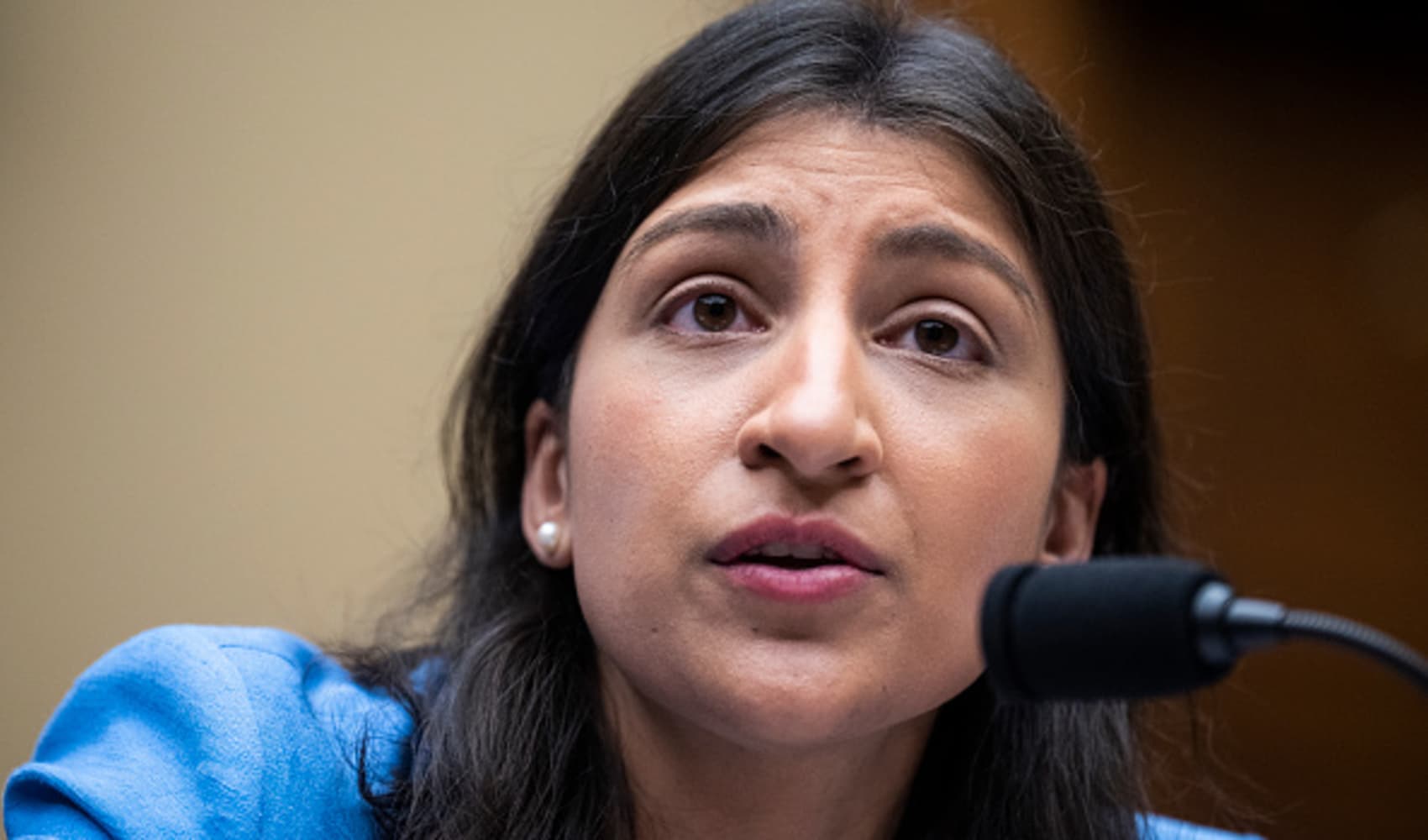
- The IMF warned that the euro zone's economic recovery was under threat from the ongoing second wave of coronavirus infections.
- It said the region could see weaker growth for the first three months of 2021 than previously forecast.
- Ongoing negotiations over the U.K.'s future relationship with the EU and the potential escalation of trade tensions between the two, could add to uncertainty, the IMF warned.
The International Monetary Fund has warned that unless Europe's "pandemic dynamics change significantly" in the coming months, economic growth in the euro area is set to be weaker than previously forecast.
In its concluding 2020 statement on the euro area, published Monday, the IMF also said that additional fiscal and monetary stimulus would likely be needed to support the region.
The fund warned that economic recovery in the 19-nation euro zone was under threat from the ongoing second wave of coronavirus infections, which combined with the re-implementation of lockdowns have "damaged confidence and lowered mobility."
This second wave of the pandemic means that the better-than-expected economic growth seen in the third quarter of this year is likely to be followed by weaker growth in the final three months of the year.
And the IMF warned that unless the situation changed "significantly" it would mean weaker growth for the first three months of 2021 than it had previously forecast.
Money Report
"A prolonged health crisis and a slow recovery … would lead to tighter financial conditions and increased private and public sector vulnerabilities, while significant labor market hysteresis would increase inequality and poverty," the IMF said.
"Taken together, these 'scarring' effects would also depress the growth potential of the euro area."
Stimulus measures
The fund also said that hurdles in finalizing the European Union's 750 billion euros ($900 billion) recovery package, and distributing the funds, needed to be overcome as further delays would damage the region's recovery prospects. And it warned that further stimulus would likely be needed from the central bank.
"Expanding asset purchases will be the first line of defense, but other options—including further relaxation of Targeted Longer-Term Refinancing Operations' terms and a deposit rate cut—should also be considered," it wrote.
And with regards to national stimulus measures, the IMF said that, "with the ongoing second wave, national fiscal policies will likely need to provide broadbased support for longer than initially envisioned."
Ongoing negotiations over the U.K.'s future relationship with the EU and the potential escalation of trade tensions between the two, could add to uncertainty, the IMF warned. Britain's foreign minister Dominic Raab said on Sunday that the U.K. and the EU were on the "last leg of negotiations," with just a few weeks left to approve a deal.
Nevertheless, recent news of effective coronavirus vaccines from various pharmaceutical giants does indicate "light at the end of the tunnel," the IMF said.






